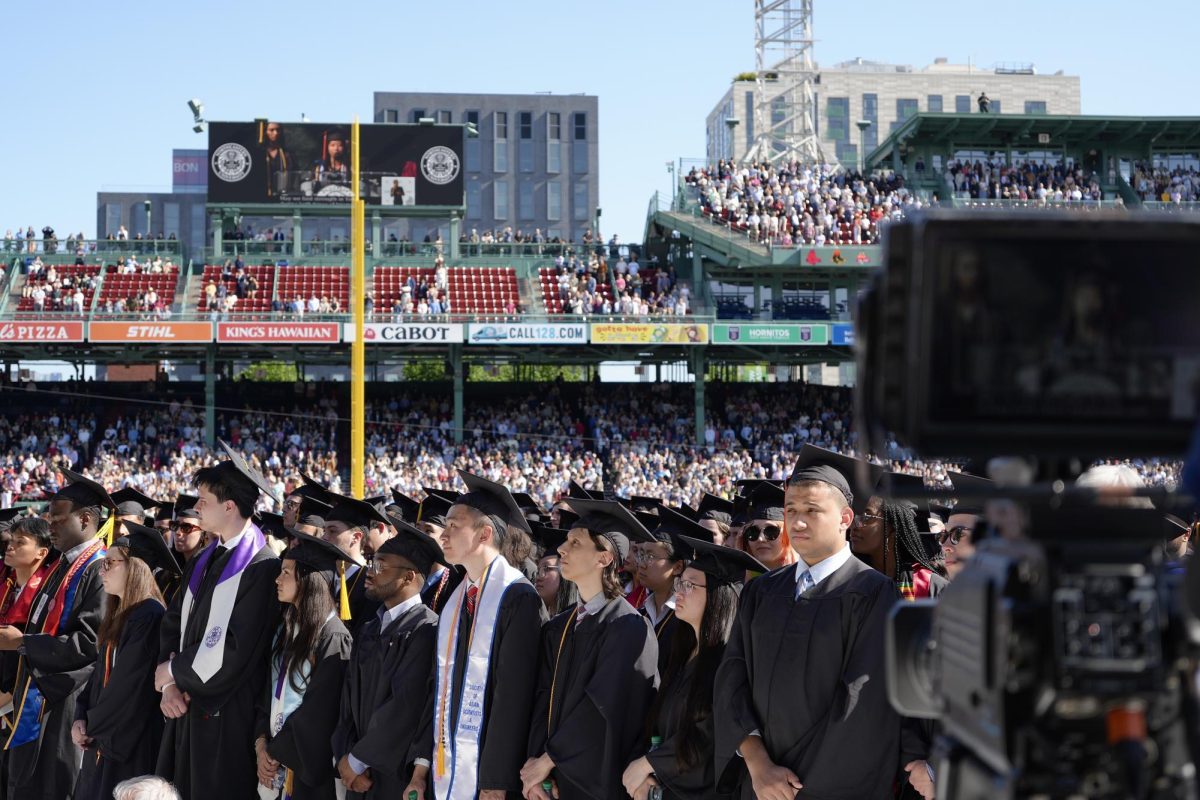“We should make a good faith effort to turn our history around so that we can see it in front of us, so that we can avoid doing what we have done for so long.”
–John Hope Franklin
Why do we still need Black History Month in 2011? Simply put, for many reasons.
Since 1976, the US has designated February as Black History Month. It originally started as “Negro History Week” led by prominent historian Carter G. Woodson, among many others. For so many Americans though, the significance of this month is often misunderstood, misconstrued as “a month for black Americans,” and often understated in American history.
Black History Month is not a competition among other minorities, nothing elitist about it. It is a celebration of the many contributions black Americans have made, and continually make, toward the advancement of American society. Thanks to prominent historians like John Hope Franklin and Carter G. Woodson, we have made a place for black Americans in our shared history.
For all the 19th century and much of the 20th century, American history inaccurately depicted and neglected the role of minorities, especially that of black Americans. Although we include more accurate descriptions of black history and the role of black Americans in our textbooks, and offer a major or minor in the subject at Northeastern University, that wasn’t always the case. But is that enough? Should we stop there?
With the injustices done by YouTube, MTV and BET, it is only right to set the record straight for our youth and fellow students. I have encountered far too many international students at Northeastern who believe the stereotypes emanating from those mediums. This month is the perfect time to reflect on the wider portrait of our history and enlighten the minds of others. I would encourage our cultural centers and President Joseph Aoun to use this month as a time to promote discussions of race and class both domestically and internationally, but perhaps that’s too much to ask.
– Juan Thomas Kimble is a junior finance major.








